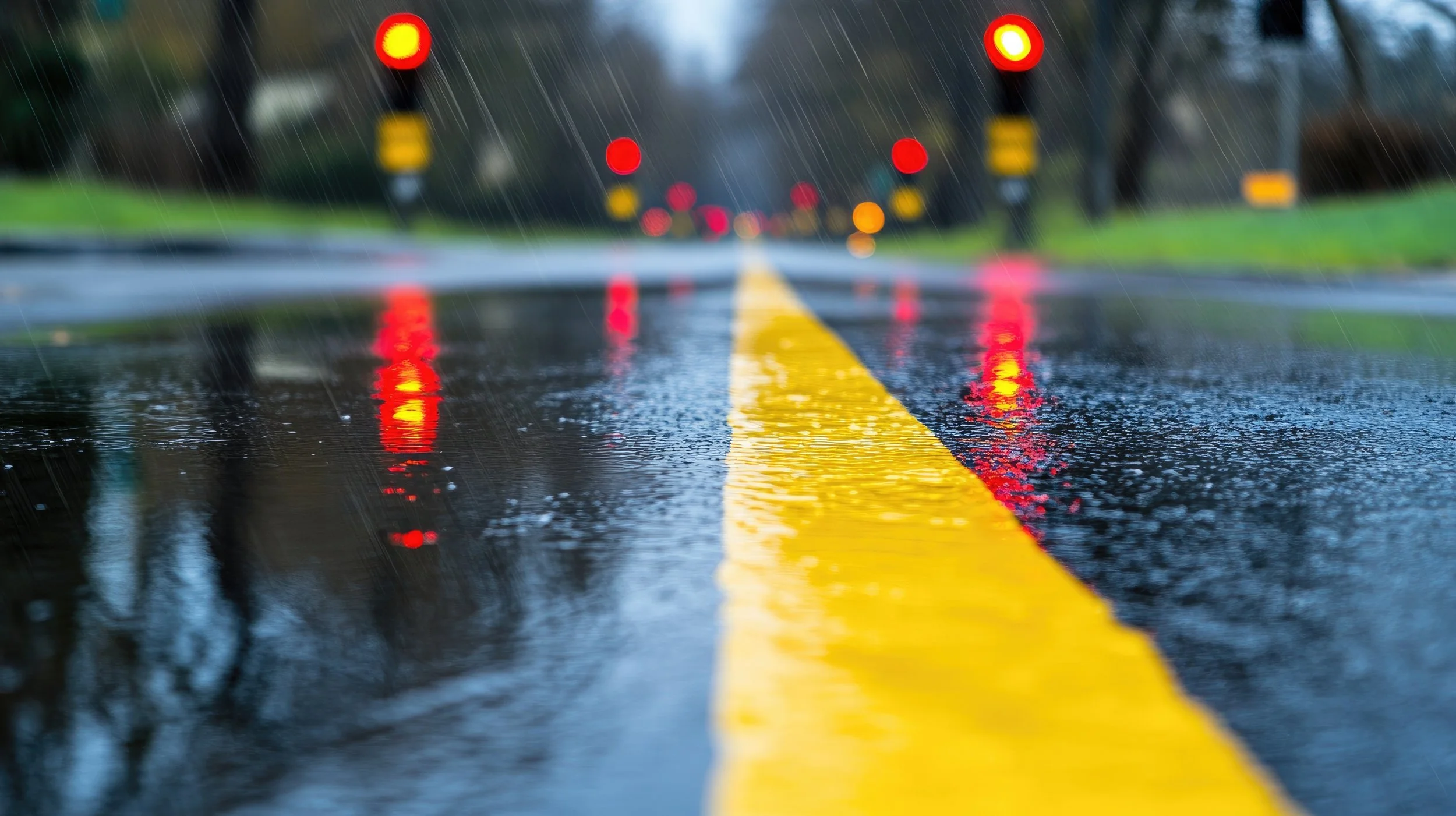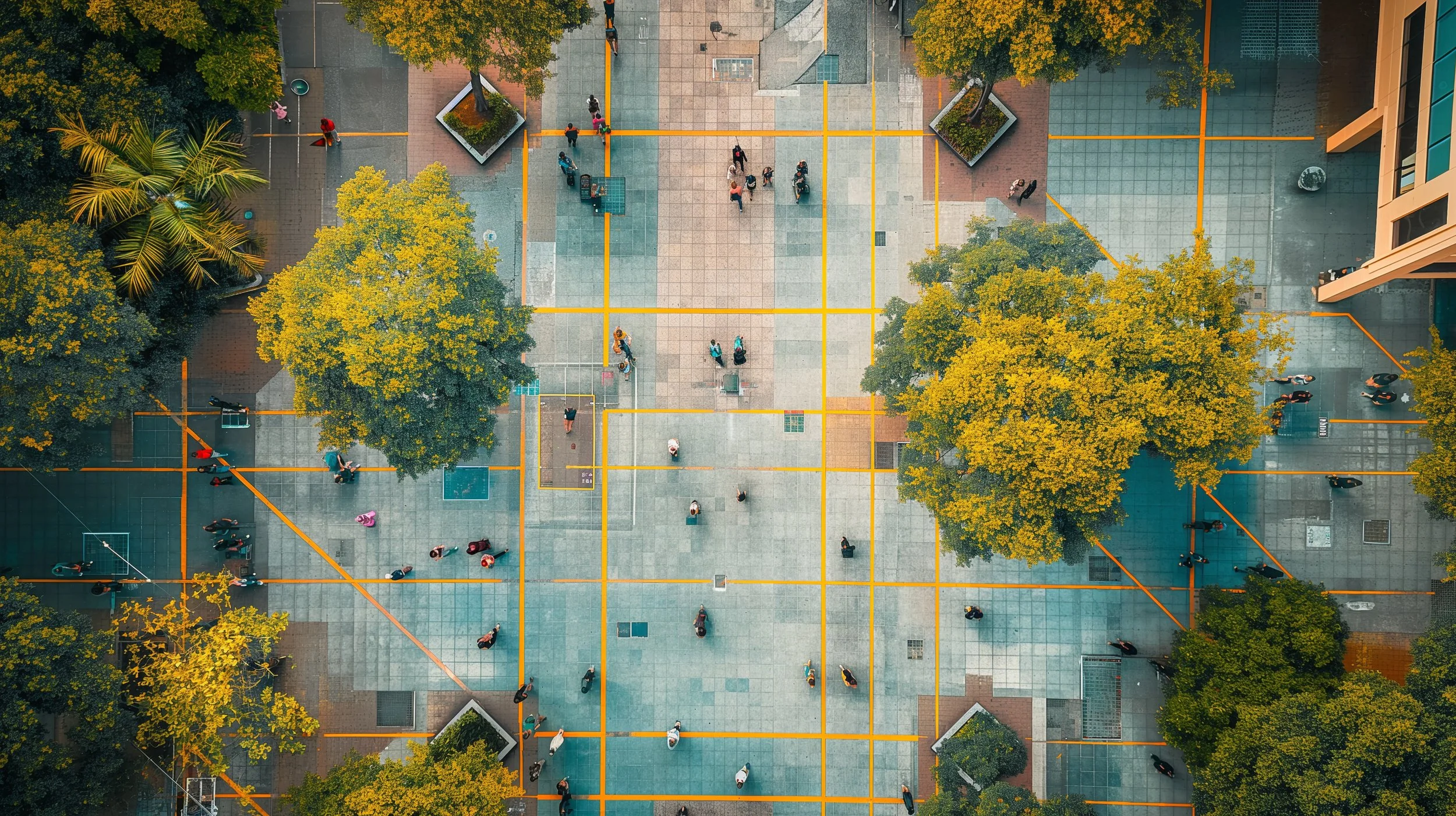There are many different definitions of “sustainability” these days. When referring to a sustainable community, the term often includes growth/development and municipal operations.
New and redevelopment projects that are designed in a sustainable manner may incorporate high-performance energy options, water reuse or treatment options, and property layouts that preserve natural areas while efficiently maximizing use of other areas on site. Construction methods and equipment may include recycling or reuse of materials, rather than disposal.
Sustainable efforts at City Hall can include a recycle – reuse – reduce initiative aimed at paper and other office supplies, communications, and everyday workplace activities. Many office supplies, from paper to office furniture, can be purchased with either pre- or post-consumer recycled content. These efforts can motivate staff to live more sustainably while also showing citizens how well the community is allocating and conserving its resources.
The Public Works Department activities today have a large impact on how we will live and operate in our communities in the future. From clean water to preventing soil contamination to reducing energy usage, our public works staff interactions with the natural resources around us will be seen for years to come. How we handle an emerald ash borer infestation, the products and approach we use to clearing roads during the winter, and how well we plan for future development pressures on our roads and treatment plant, and water infrastructure all foreshadow the quality of life and success for the next generation in our communities.
Webinars, sustainable communities networks, and conferences are all available throughout the year on a wide range of topics included under the sustainable communities' umbrella. Contact an expert today to discuss how sustainability initiatives can impact your community.
About the Author
Maureen A. McBroom
Senior Water Resources Coordinator
Maureen is dedicated to the protection and improvement of Wisconsin’s resources through close collaboration with municipalities and their citizens. Efficient & effective implementation, driven by strong relationships and communication, are drivers behind her project implementation strategies. She has experience in the WDNR’s Runoff Program, specifically issuing WPDES Permit coverage for construction site erosion control & long-term storm water plans, industrial storm water sites and municipal separate storm sewer system (MS4) permittees. Maureen has been with R/M since 2015.






